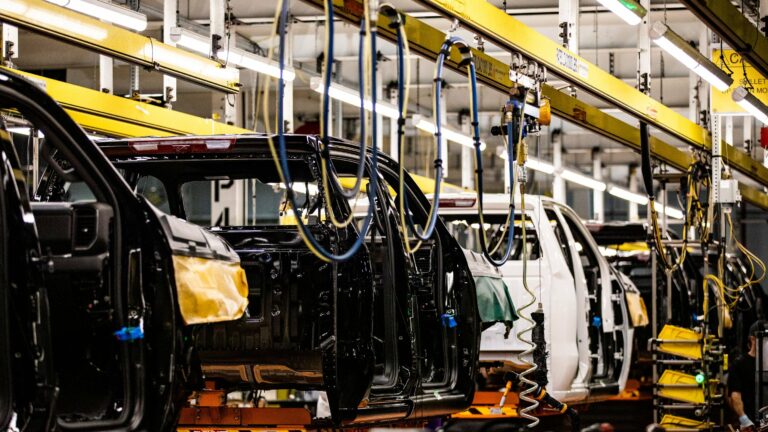U.S. to Impose Connected-Car Tech Ban on Chinese Companies
The United States is set to implement a significant prohibition on connected-car technology from Chinese companies. This move is part of a broader strategy to restrict the influence of Chinese electric vehicles (EVs) in the U.S. market. Notably, the ban will extend to cars manufactured by Chinese companies in countries other than China, such as Mexico and European nations where they are planning to establish factories.

This development is part of a larger trade and technological competition between the U.S. and China. The prohibition aims to address concerns regarding national security and data privacy associated with connected-car technology. By restricting Chinese companies’ access to the U.S. market, the ban is expected to impact the global automotive industry significantly.
The decision comes amid a backdrop of evolving trade policies and tariffs in the automotive sector. Recent reports have highlighted the challenges faced by major automotive manufacturers, including Volkswagen’s Porsche brand, which experienced shipment halts to dealerships due to tariff-related issues. Similarly, Stellantis has adjusted its production strategies, scaling back at some facilities while preparing to launch new plants in Mexico.
The U.S. automotive manufacturing landscape is also undergoing changes, with some plants operating below capacity. However, shifting production from overseas to domestic facilities poses significant challenges. Companies like Foxconn are exploring opportunities to leverage former General Motors factories for U.S. production, indicating a potential shift in the industry’s dynamics.
As the U.S. tightens its grip on Chinese automotive technology, the global industry must adapt to these new regulations. The implications of this ban will likely be far-reaching, affecting not only Chinese companies but also the broader automotive supply chain and trade relationships between the U.S., China, and other countries.



